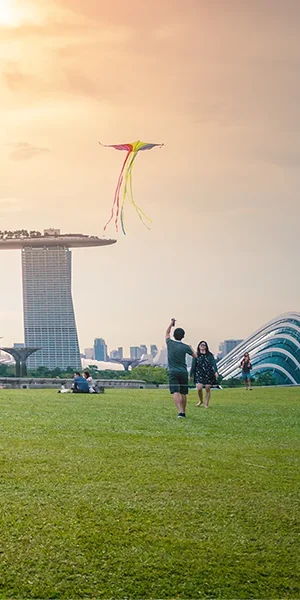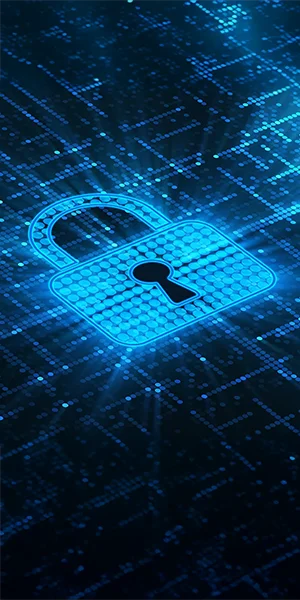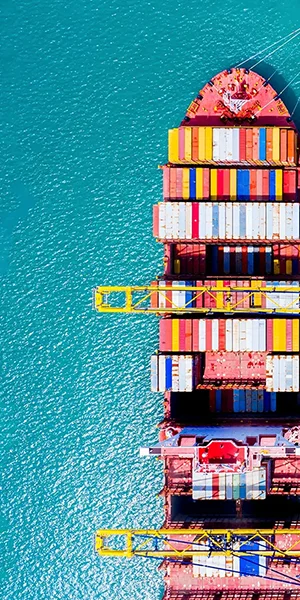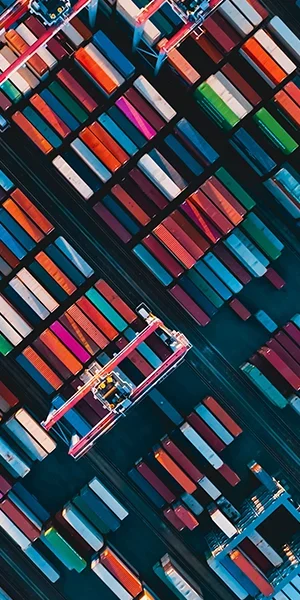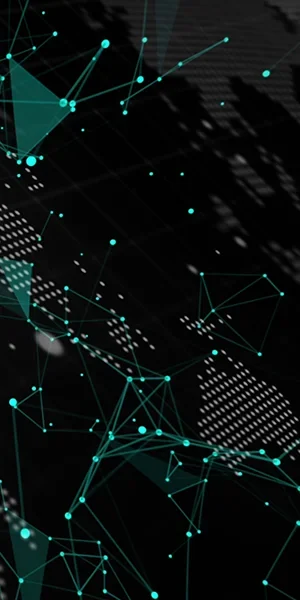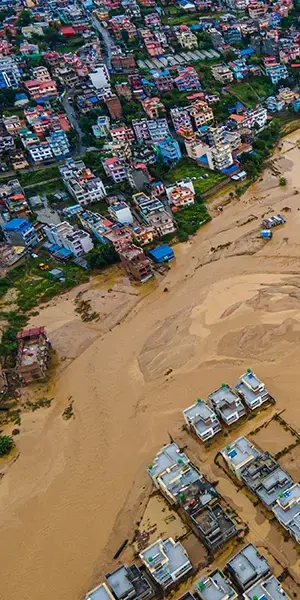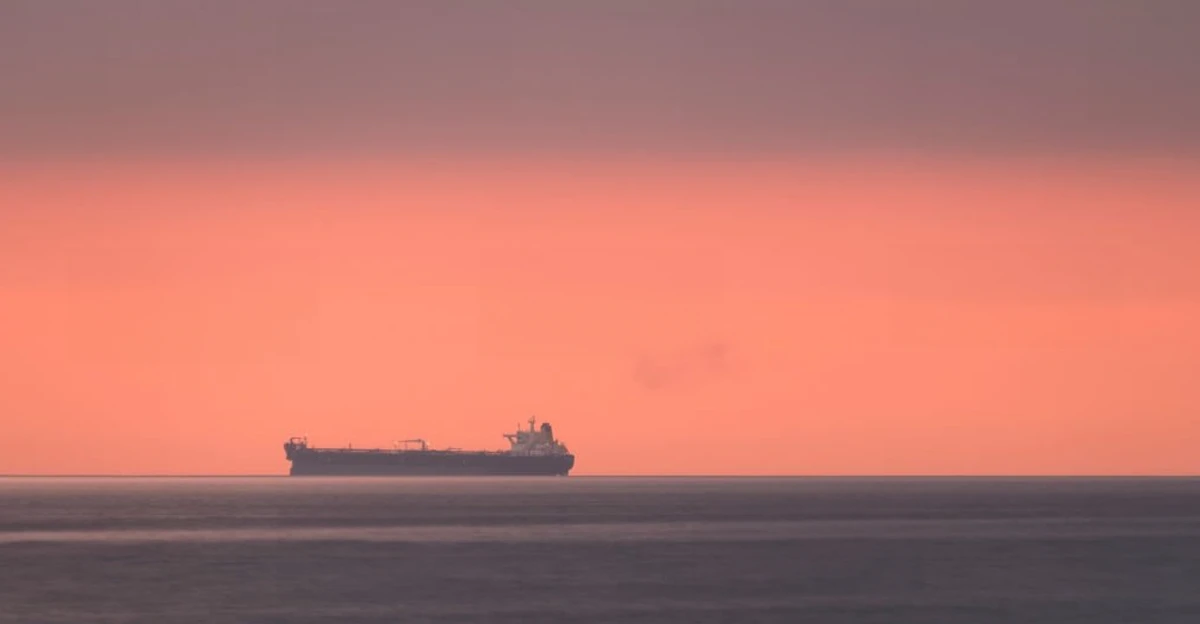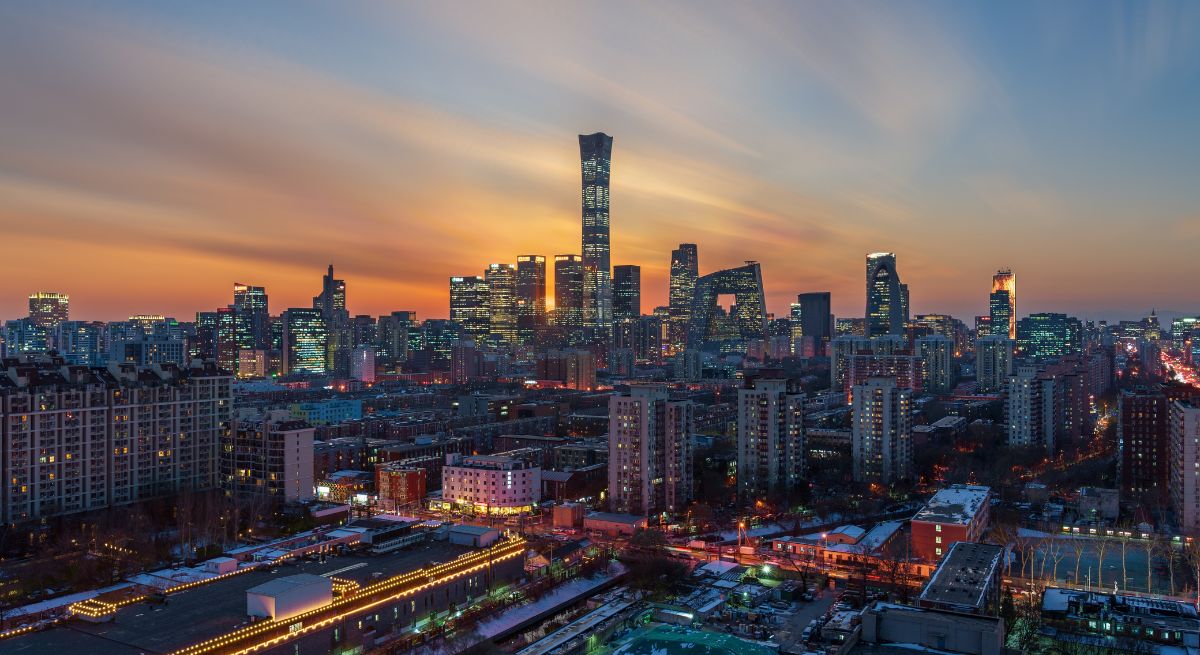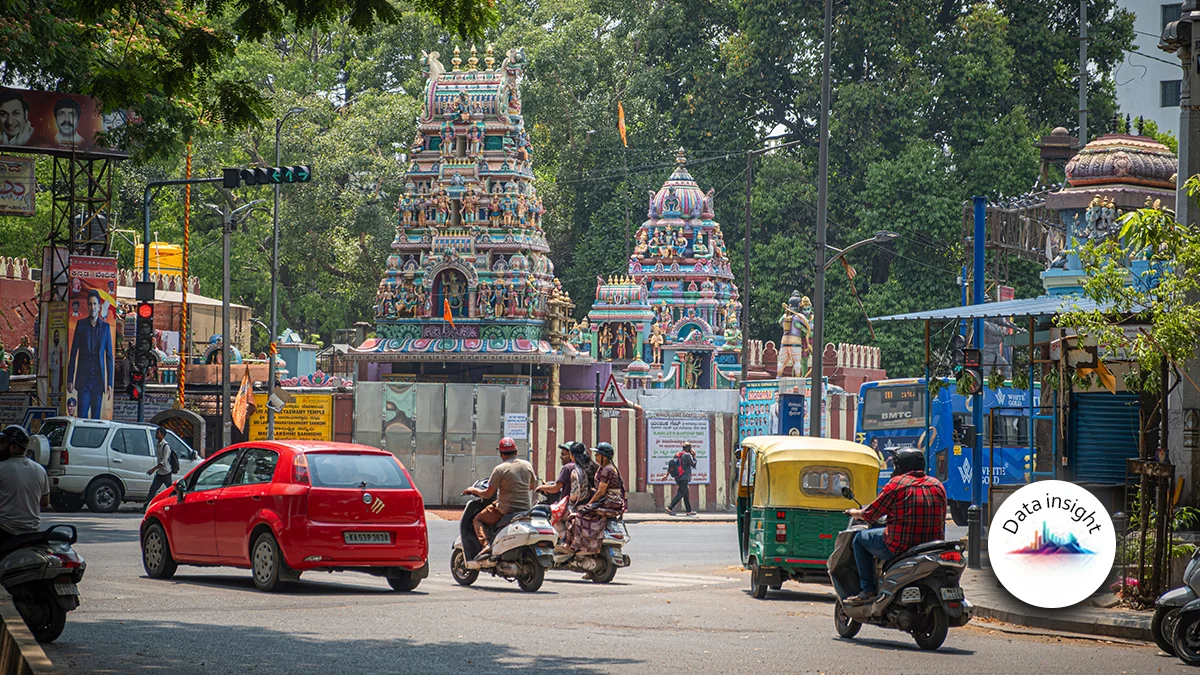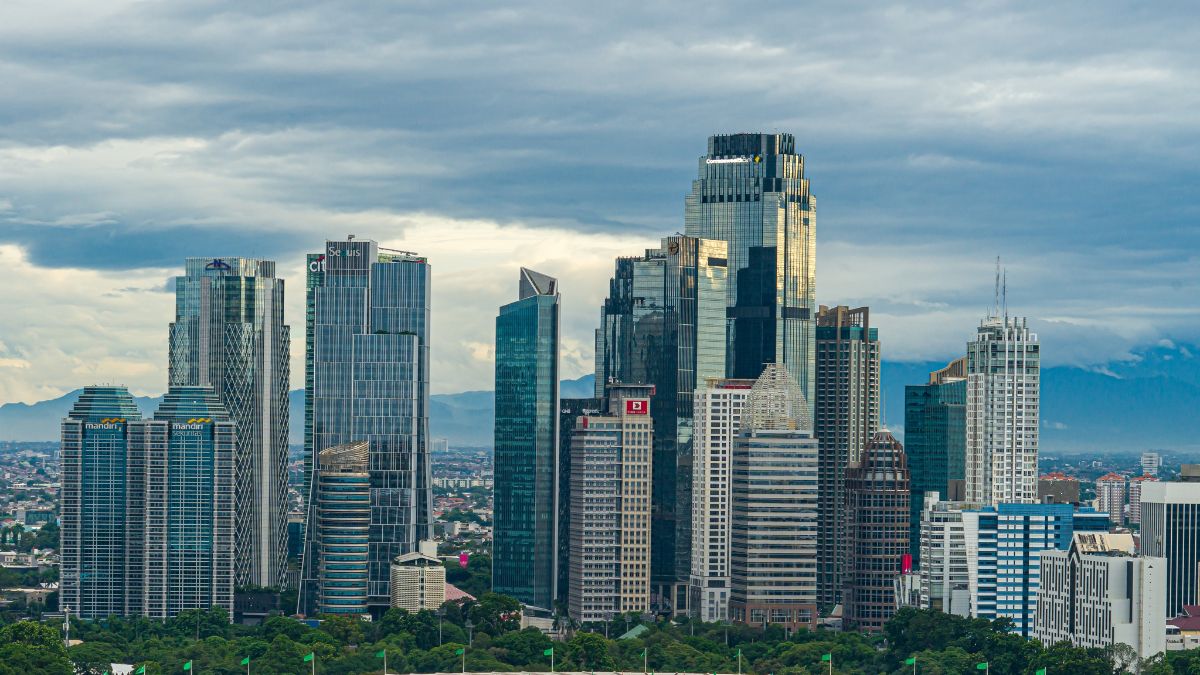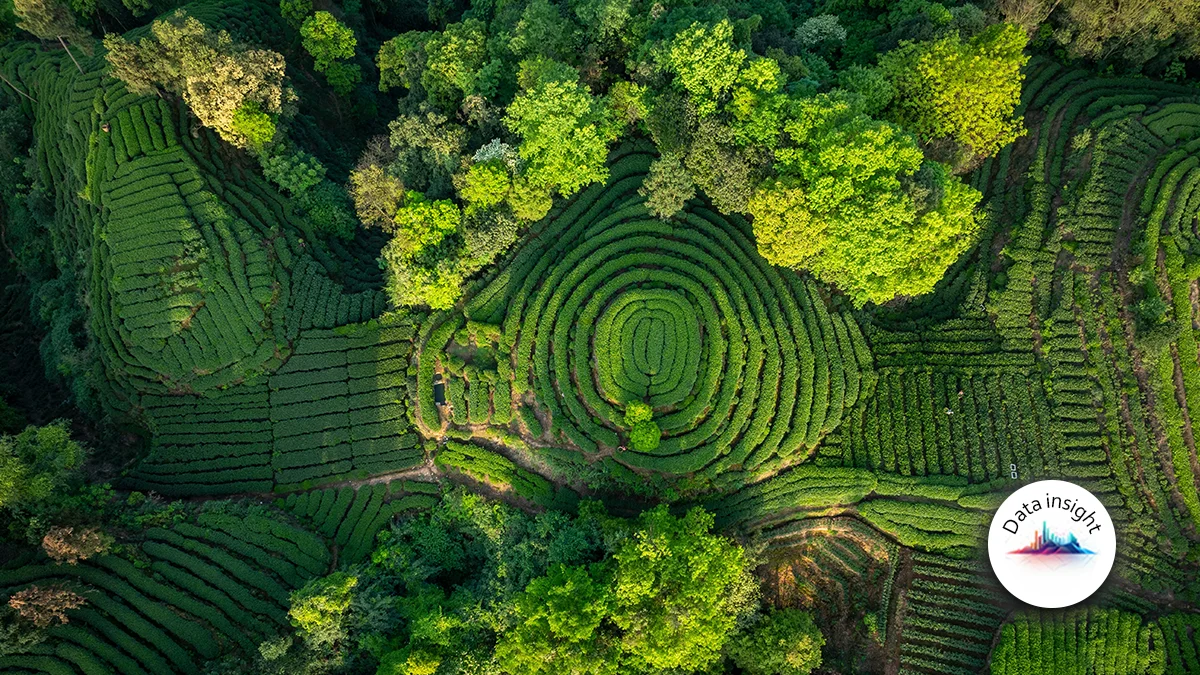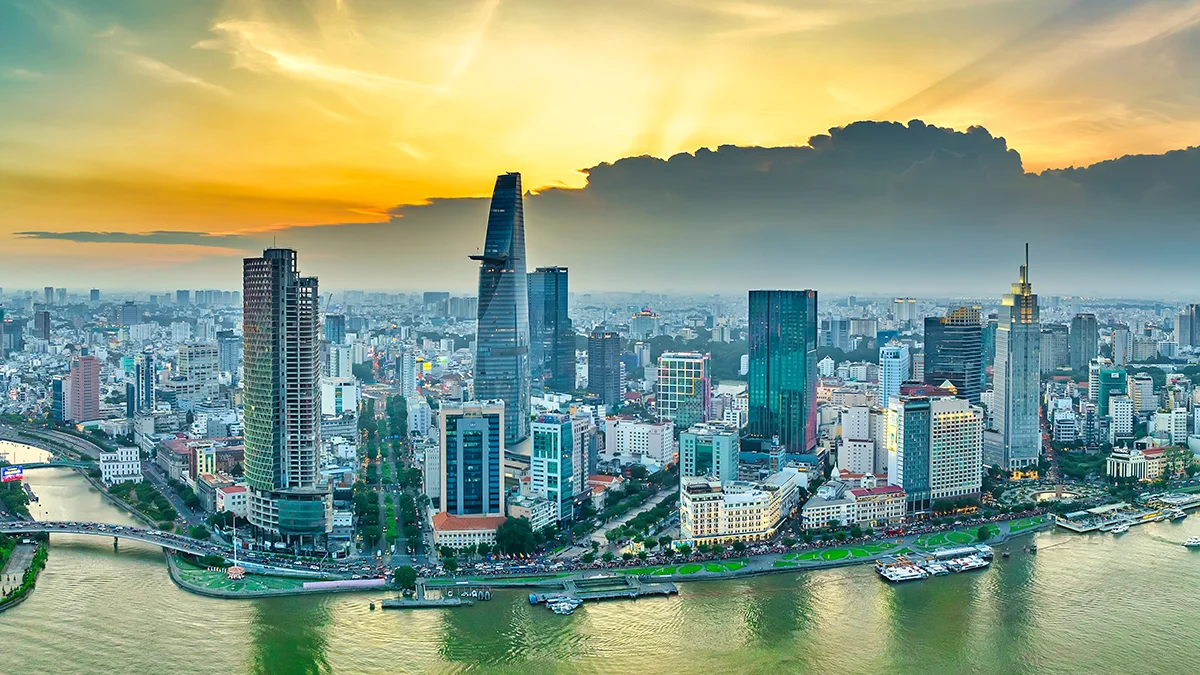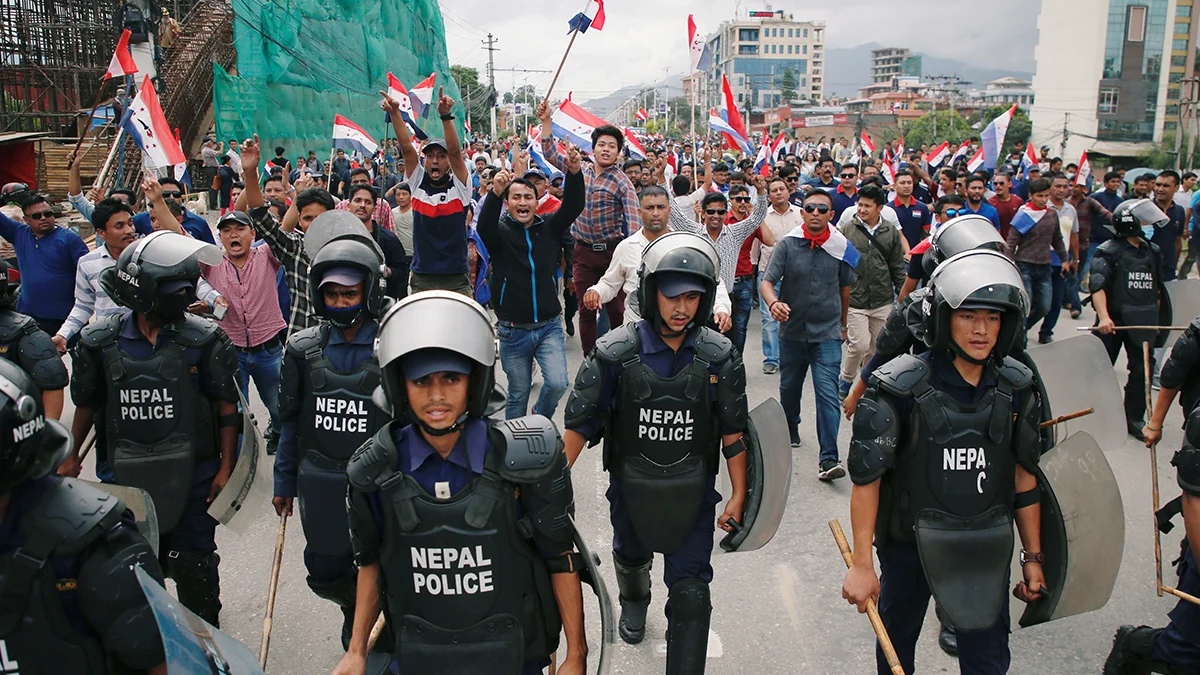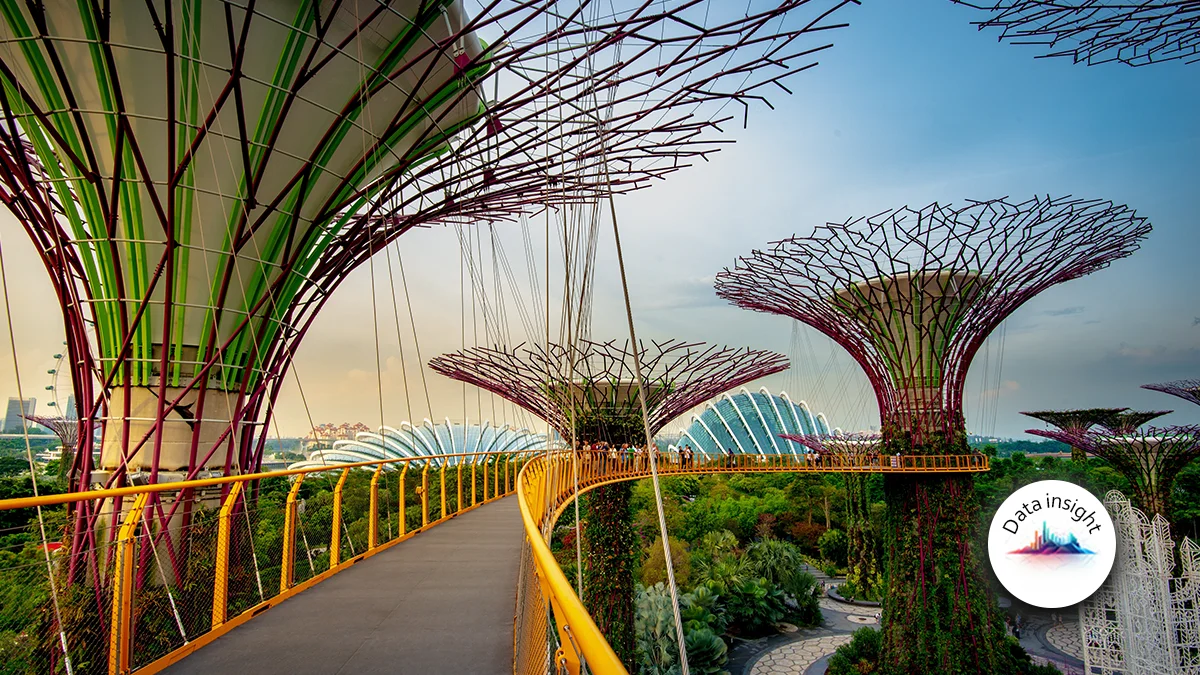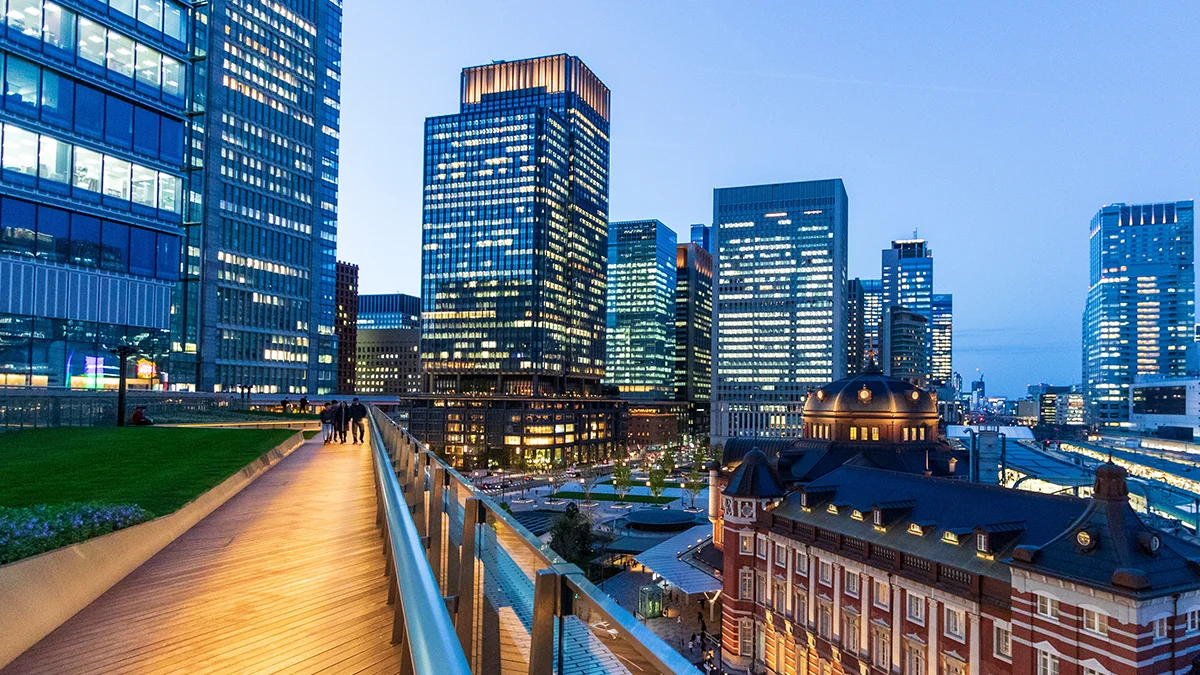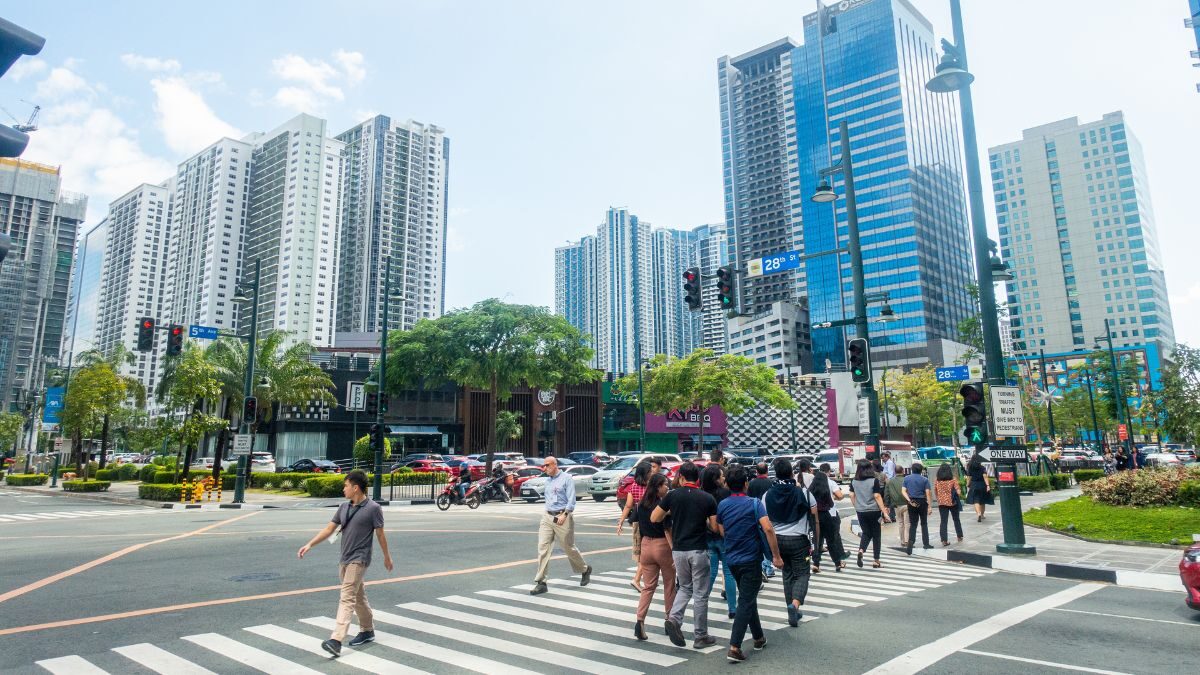Four months and 10 days after it exploded, the aframax oil tanker Pablo (IMO: 9133587) remains anchored in Malaysian waters, a stark reminder of the dangers posed by the “Shadow Fleet” of ships that move sanctioned oil and other commodities around the world.
The Pablo blew up in waters off the coast of Malaysia on May 1st. The ship issued a distress call after a fire was detected aboard. Authorities eventually rescued 25 out of 28 crew members. Three crew members were killed.
The Pablo was not carrying any oil at the time but the fire in the upper deck eventually caused an explosion that blew up the entire deck of the ship, spilling bunker fuel that washed up onto the shores of Malaysia.
Typically, insurance providers or protection and indemnity (P&I) clubs deal with removing or preventing further pollution from damaged or destroyed vessels, but the Pablo has been essentially abandoned since it blew up in spectacular fashion.
It is now anchored in the Riau Archipelago, in Malaysian waters near Singapore, a constant reminder of the intractable issues caused by the shadow fleet. Malaysian authorities have not yet figured out what to do with the tanker.
The insurance status of the ship is listed as “Withdrawn” and authorities in Malaysia have not been able to track any owners of the ship. At the time of the explosion, the Pablo was owned by a one-ship shell company out of the Marshall Islands. The ship’s flag had been changed to Gabon (frequently used by shadow fleet vessels) six days before the explosion.
The Pablo was built in 1997 and its ownership has changed at least three times in the past two years. TankerTrackers.com, a site that tracks marine traffic, has suggested the Pablo transferred as much as 16 million barrels of Iranian oil on 29 different occasions.
Shadow fleet comes to light
The shadow, or dark, fleet is usually made up of older ships that have lower maintenance standards, according to Allianz, which published its annual casualty report in May in which it discussed the risks posed by this growing fleet and noted that there were eight different issues involving the shadow fleet in 2022, including groundings, collisions or near misses, according to Allianz.
One such incident involved the Arzoyi tanker that spilled Iranian oil at a port terminal in Qingdao, China, after a petroleum loading arm ruptured when mooring ropes broke. The ship had no P&I cover after West of England P&I Club cancelled coverage in January 2022, Lloyd’s List reported . The Arzoyi was built in 2002 and was sailing under a Panama flag. It had been linked to shipments of Iranian crude.
Reported data from TankerTrackers.com suggest that the shadow fleet has grown rapidly in recent years, although that growth has levelled off. The site suggests that this fleet now extends to some 610 active sanction violators, to include more than a hundred handy tankers, three dozen panamax ships, some 143 aframaxes like the Pablo, over a hundred suezmaxes and a couple of hundred VLCCs.
The explosion and lingering issues involving the Pablo are an “archetypal example of where the shadow fleet goes wrong,” Mike Salthouse, Head of External Affairs at NorthStandard, told Re(in) Asia in July. Without proper insurance or oversight there are significant risks for which there is no protection.





